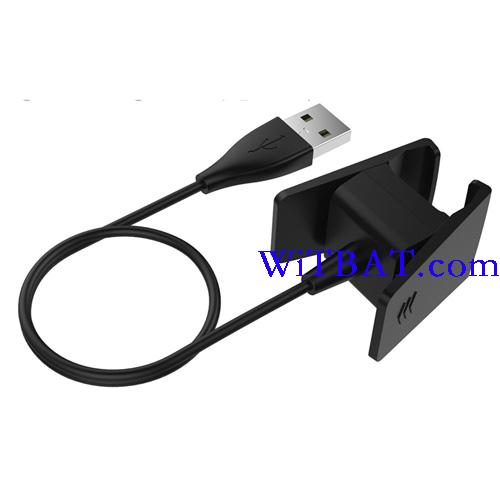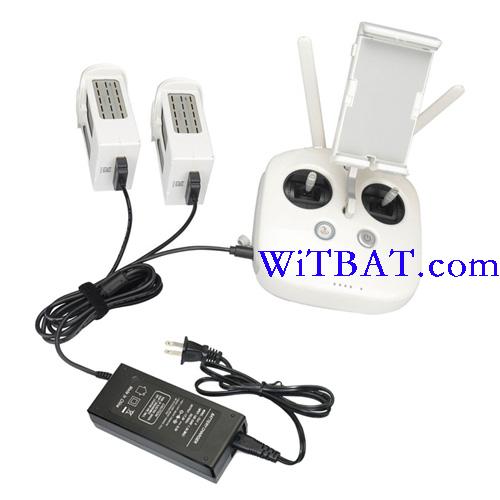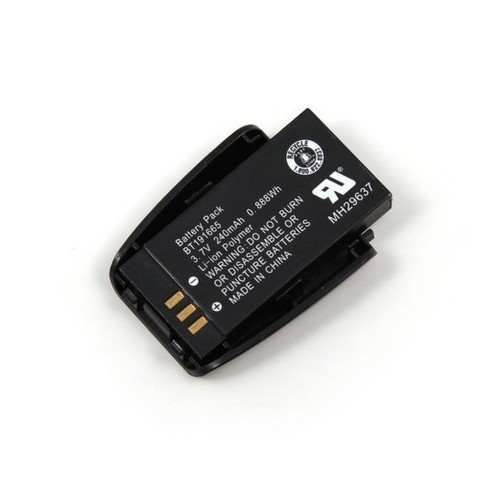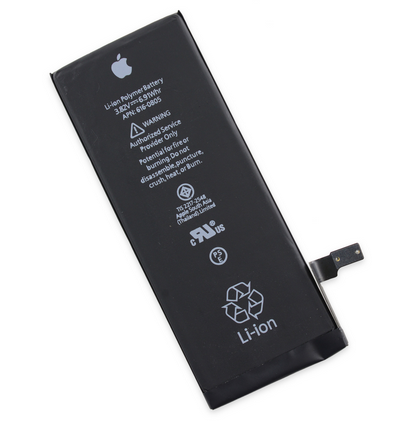Battery Navigation
Latest topics
Search
Battery Statics
Ads
Wanxiang partners with U.S. Battery Firm Ener1 to make battery for electric vehicles
Page 1 of 1
 Wanxiang partners with U.S. Battery Firm Ener1 to make battery for electric vehicles
Wanxiang partners with U.S. Battery Firm Ener1 to make battery for electric vehicles
(WSJ)A start-up battery company is launching a joint venture with one of China's largest auto suppliers to serve the anticipated growth in electric vehicles in China and beyond.
Wanxiang Electric Vehicle Co., a division of the Chinese conglomerate Wanxiang Group Corp., signed a joint venture agreement Monday night with Ener1 Inc. to make lithium-ion battery cells and packs for vehicles in China. Company officials on both sides said the partnership eventually could be expanded to export batteries from China, but officials at Ener1 have concerns about protecting its U.S. battery production.
The joint enterprise will be announced at a meeting with U.S. Energy Secretary Steven Chu and is expected to have the ability to produce about 40,000 electric-vehicle battery packs by 2014.
Wanxiang is putting up almost all of the capital for the venture, including a 553,000-square-foot plant in Hangzhou, China.
The tie-up could be seen as a demonstration of China's sometimes-debated thirst for the intellectual property held in the West to help transform its burgeoning economy. Ener1, a publicly traded company with 700 employees, was able to leverage its technical know-how into a 40% stake in the new operation.
Ener1, which was spun off from U.S. auto supplier Delphi about three years ago, has been a relatively small player in the battery sector. But the company, with factories in Indiana and South Korea, received a $118.5 million boost last year from a federal grant. Ener1 has small-scale production of batteries for electric cars under development by start-up Think and Sweden's Volvo Cars, owned by China's Zhejiang Geely Holding Group.
The signing takes place against the backdrop of a state visit by Chinese President Hu Jintao and expanding U.S.-China initiatives to spur cooperation in transportation electrification and energy storage for electric grids.
In 2009, the Chinese central government set a target to produce 500,000 hybrid or all-electric cars and buses by 2011, but the goal was too ambitious. Now the government hopes for 500,000 such vehicles to be on the road by 2015.
In an interview at the company's plant outside Indianapolis, Ener1's chairman and chief executive, Charles Gassenheimer, said the venture began with a trip he took to China with Indiana Gov. Mitch Daniels in late 2009. "We are very clear that China was going to be the largest market in the world for our product," Mr. Gassenheimer said.
The battery company executive met Lu Guanqiu, the founder and chairman of Wanxiang Group, who had met a previous Indiana governor on an earlier trade mission and showed Mr. Gassenheimer a gift from the prior visit: a miniature version of the Love sculpture outside the Museum of Art in Indianapolis.
After visiting Wanxiang's battery plant near Shanghai, Mr. Gassenheimer began to talk to Pin Ni, the head of Wanxiang's U.S. operations outside Chicago, and later showed off Ener1's plant in Indiana. Mr. Gassenheimer returned to China in January 2010 to tour Wanxiang's facilities.
"What I saw was jaw dropping," Mr. Gassenheimer said of the factory. But he said Wanxiang had two problems: its batteries used in electric buses in China were unable to keep a charge as long as the company desired, and the batteries had a higher rate of defects than it wanted.
Ener1 plans to move some of its engineers to China to help the new venture improve the quality of battery density and reliability. The U.S. company also anticipates transferring some of its factory machinery to increase the production quality, Mr. Gassenheimer said.
Supplying batteries for China's buses will be the first goal of the venture, Mr. Gassenheimer said. The Chinese government set a goal of one million electric-powered buses to be produced by 2020.
In an interview at a dinner for about 20 guests at the Indiana governor's residence Monday night, Mr. Lu said the joint venture would be Wanxiang's first with a U.S.-based company in China.
Wanxiang owns 28 manufacturing plants in the U.S., employing 5,686 people.
Sunpow Innovative Power Solutions
Wanxiang Electric Vehicle Co., a division of the Chinese conglomerate Wanxiang Group Corp., signed a joint venture agreement Monday night with Ener1 Inc. to make lithium-ion battery cells and packs for vehicles in China. Company officials on both sides said the partnership eventually could be expanded to export batteries from China, but officials at Ener1 have concerns about protecting its U.S. battery production.
The joint enterprise will be announced at a meeting with U.S. Energy Secretary Steven Chu and is expected to have the ability to produce about 40,000 electric-vehicle battery packs by 2014.
Wanxiang is putting up almost all of the capital for the venture, including a 553,000-square-foot plant in Hangzhou, China.
The tie-up could be seen as a demonstration of China's sometimes-debated thirst for the intellectual property held in the West to help transform its burgeoning economy. Ener1, a publicly traded company with 700 employees, was able to leverage its technical know-how into a 40% stake in the new operation.
Ener1, which was spun off from U.S. auto supplier Delphi about three years ago, has been a relatively small player in the battery sector. But the company, with factories in Indiana and South Korea, received a $118.5 million boost last year from a federal grant. Ener1 has small-scale production of batteries for electric cars under development by start-up Think and Sweden's Volvo Cars, owned by China's Zhejiang Geely Holding Group.
The signing takes place against the backdrop of a state visit by Chinese President Hu Jintao and expanding U.S.-China initiatives to spur cooperation in transportation electrification and energy storage for electric grids.
In 2009, the Chinese central government set a target to produce 500,000 hybrid or all-electric cars and buses by 2011, but the goal was too ambitious. Now the government hopes for 500,000 such vehicles to be on the road by 2015.
In an interview at the company's plant outside Indianapolis, Ener1's chairman and chief executive, Charles Gassenheimer, said the venture began with a trip he took to China with Indiana Gov. Mitch Daniels in late 2009. "We are very clear that China was going to be the largest market in the world for our product," Mr. Gassenheimer said.
The battery company executive met Lu Guanqiu, the founder and chairman of Wanxiang Group, who had met a previous Indiana governor on an earlier trade mission and showed Mr. Gassenheimer a gift from the prior visit: a miniature version of the Love sculpture outside the Museum of Art in Indianapolis.
After visiting Wanxiang's battery plant near Shanghai, Mr. Gassenheimer began to talk to Pin Ni, the head of Wanxiang's U.S. operations outside Chicago, and later showed off Ener1's plant in Indiana. Mr. Gassenheimer returned to China in January 2010 to tour Wanxiang's facilities.
"What I saw was jaw dropping," Mr. Gassenheimer said of the factory. But he said Wanxiang had two problems: its batteries used in electric buses in China were unable to keep a charge as long as the company desired, and the batteries had a higher rate of defects than it wanted.
Ener1 plans to move some of its engineers to China to help the new venture improve the quality of battery density and reliability. The U.S. company also anticipates transferring some of its factory machinery to increase the production quality, Mr. Gassenheimer said.
Supplying batteries for China's buses will be the first goal of the venture, Mr. Gassenheimer said. The Chinese government set a goal of one million electric-powered buses to be produced by 2020.
In an interview at a dinner for about 20 guests at the Indiana governor's residence Monday night, Mr. Lu said the joint venture would be Wanxiang's first with a U.S.-based company in China.
Wanxiang owns 28 manufacturing plants in the U.S., employing 5,686 people.
Sunpow Innovative Power Solutions
 Similar topics
Similar topics» Electric Car Battery Prices Decreases by 14%
» An electric car owner could save $ 3,000 per year
» BMW Recalls 1.3 Million Vehicles Because of Battery Cable Fault
» An Electric Car Loaded in 5 Minutes
» SkySpark, a 100% Electric Plane for Tomorrow?
» An electric car owner could save $ 3,000 per year
» BMW Recalls 1.3 Million Vehicles Because of Battery Cable Fault
» An Electric Car Loaded in 5 Minutes
» SkySpark, a 100% Electric Plane for Tomorrow?
Page 1 of 1
Permissions in this forum:
You cannot reply to topics in this forum













» NIO Phone 2 Smartphone Battery NBET02
» Mercedes Becker Map Pilot Battery HJS100
» Braun Silk-épil 9 Flex Type 5380 Epilator Battery
» Samsung Galaxy Tab Active Tablet PC Battery EB-BT365BBU
» Samsung Galaxy Tab Active 3 SM-T570 Tablet PC Battery EB-BT575BBE